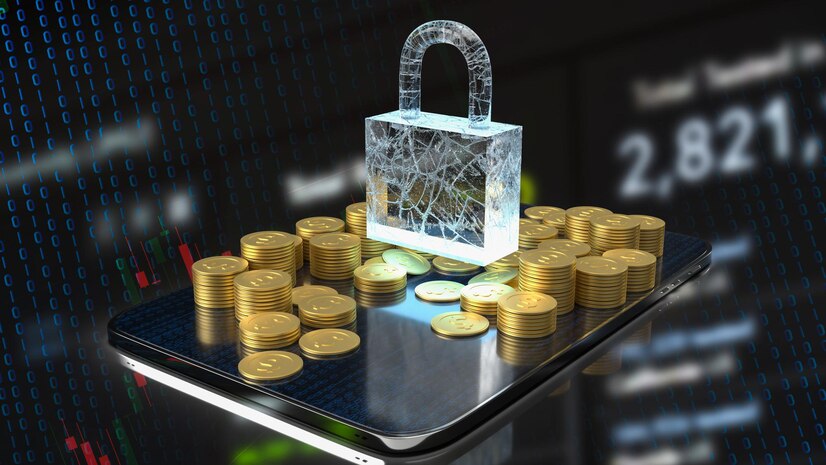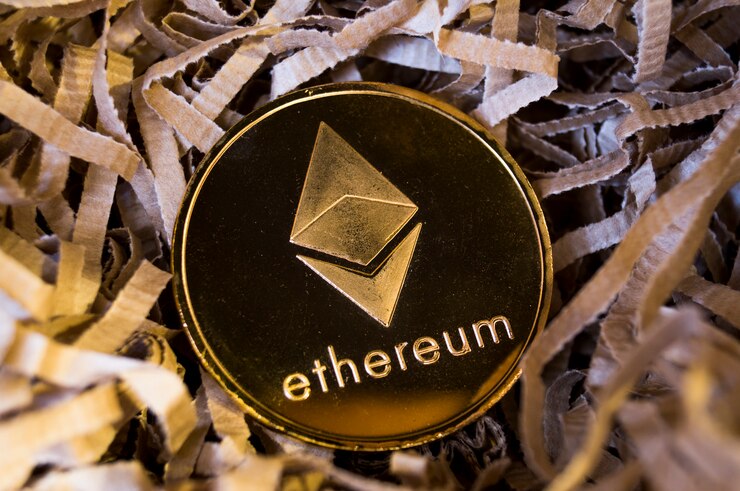“Security Tokens: Bridging Traditional Finance with Blockchain”
The intersection of blockchain technology and traditional finance has given birth to a new asset class: security tokens. These digital assets represent ownership in real-world assets such as stocks, bonds, real estate, or commodities. By leveraging blockchain’s transparency, efficiency, and security, security tokens are poised to revolutionize the financial landscape.
Understanding Security Tokens
Security tokens are digital assets that derive their value from an underlying asset or financial obligation. Unlike utility tokens, which provide access to a product or service, security tokens are subject to securities regulations and offer ownership rights or financial returns.
Key Characteristics of Security Tokens
- Digital Representation: Security tokens are digital representations of real-world assets, offering fractional ownership and enhanced liquidity.
- Blockchain-Based: They leverage blockchain technology for secure and transparent issuance, transfer, and management.
- Regulatory Compliance: Security tokens are subject to securities regulations, ensuring investor protection and market integrity.
- Dividends and Voting Rights: Depending on the underlying asset, security token holders may be entitled to dividends, voting rights, or other financial benefits.
Benefits of Security Tokens
- Increased Liquidity: Security tokens can enhance liquidity for traditionally illiquid assets like real estate or private equity, making them accessible to a wider investor base.
- Fractional Ownership: Investors can purchase fractional ownership of assets, democratizing access to high-value investments.
- Transparency and Efficiency: Blockchain technology provides transparency into ownership, transaction history, and asset performance, streamlining processes and reducing costs.
- Enhanced Security: The decentralized nature of blockchain enhances security and reduces the risk of fraud and counterfeit securities.
- Global Access: Security tokens can be traded globally, expanding investment opportunities for both issuers and investors.
Tokenization of Assets
The process of converting real-world assets into security tokens is known as tokenization. Various asset classes are ripe for tokenization:
Real Estate Tokenization
- Fractional Ownership: Investors can purchase fractional ownership of properties, expanding investment opportunities.
- Increased Liquidity: Tokenized real estate can be traded on secondary markets, improving liquidity.
- Commercial Real Estate Financing: Security tokens can facilitate alternative financing options for commercial real estate projects.
Equity Tokenization
- Private Equity and Venture Capital: Tokenizing private equity and venture capital investments can improve liquidity and accessibility for investors.
- Public Companies: Existing public companies can tokenize their shares to enhance liquidity and attract new investors.
Debt Tokenization
- Bonds and Loans: Tokenizing debt instruments can create new investment opportunities and improve market efficiency.
- Trade Finance: Security tokens can facilitate trade finance by tokenizing invoices and supply chain assets.
Other Asset Classes
- Commodities: Tokenizing commodities can enhance transparency, traceability, and liquidity.
- Art and Collectibles: Tokenizing art and collectibles can democratize ownership and create new investment opportunities.
Challenges and Considerations
While security tokens offer numerous advantages, they also face challenges:
- Regulatory Uncertainty: The regulatory landscape for security tokens is evolving, creating uncertainty for issuers and investors.
- Custody and Security: Safeguarding the underlying assets and protecting against cyberattacks is crucial.
- Market Manipulation: Tokenized assets are susceptible to market manipulation and price volatility.
- Investor Education: Educating investors about the complexities of security tokens is essential.
The Future of Security Tokens
The future of security tokens is bright, with the potential to revolutionize the financial industry. Key trends to watch include:
- Regulatory Clarity: The development of clear and comprehensive regulatory frameworks will foster innovation and investor confidence.
- Institutional Adoption: Increased participation of institutional investors in the security token market.
- Interoperability: Connecting different blockchain platforms to facilitate seamless trading of security tokens.
- New Asset Classes: Tokenization of additional asset classes, such as intellectual property and insurance contracts.
Conclusion
Security tokens represent a convergence of traditional finance and blockchain technology, offering the potential to transform how assets are owned, traded, and managed. By addressing regulatory challenges and leveraging the benefits of blockchain, security tokens can create a more efficient, transparent, and inclusive financial ecosystem.







